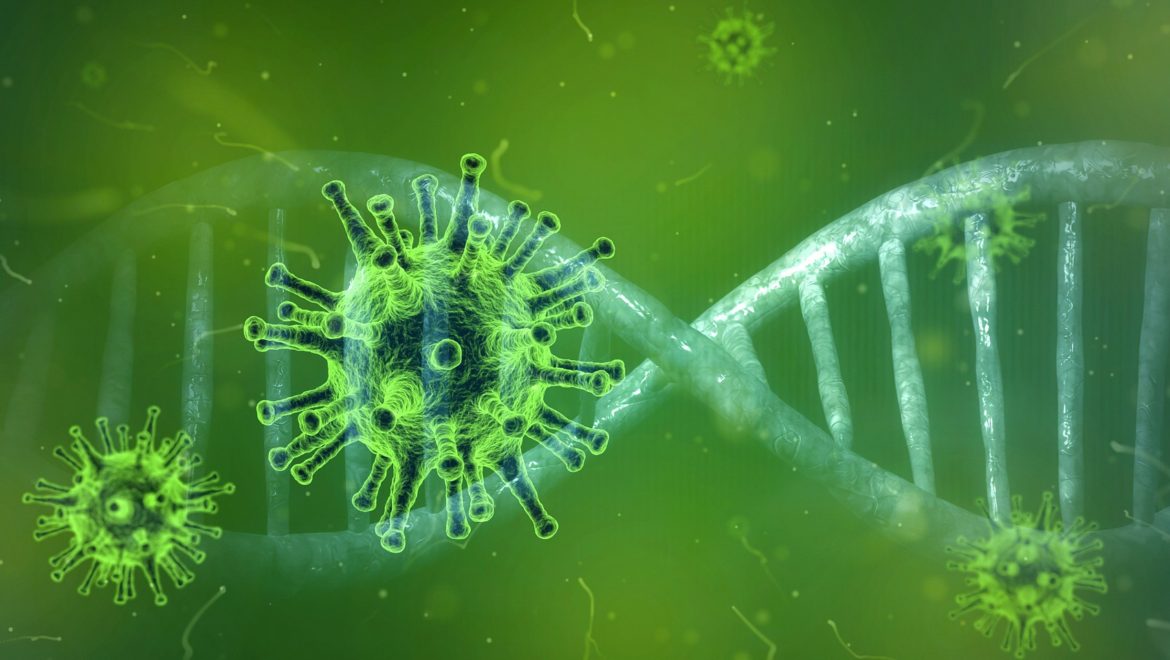Covid-19 and its effects on our national, regional and local economies are both well – documented and ongoing. Businesses both large and small have suffered financial distress due to limitations on how their operations were conducted, and decreased income due to consumer fears. Many of those businesses never recovered, and a portion of those sought bankruptcy protection. Unfortunately, the large-scale economic issues have dominated the headlines and many have ignored the distress caused by Covid-19 on its individual victims and their families.
As of the date of this article, Covid-19 has been responsible for almost 250,000 deaths since its arrival in the United States in February 2020. Infections increase daily and drastically. Millions of American citizens contracted Covid-19 and survived, although a portion of the survivors still suffer from long-term effects of the virus. With attention concentrated on the economic effects, the personal effects of the pandemic have been ignored.
Some industries were relatively unaffected by the Covid pandemic or quickly adjusted to different methods of operation which prevented close contact. Because a particular industry or area of employment was not affected did not mean that individuals or businesses with safe employment and safe operations were immune to the problems caused by Covid.
For individuals who contracted the virus and had little or no medical insurance, their family members bore the cost of their medical treatment, including hospitalization in some cases. For the unlucky ones who did not survive the virus, many lacked life-insurance necessary to protect their dependents, or even to provide for their burial. Once again, the surviving family members shouldered the expense of burial, while surviving spouses and dependents struggle daily dealing with the loss of income from their loved ones who succumbed to the virus. Surviving family members depleted their savings, borrowed against their retirement plans, and obtain debt in their own names to pay for medical treatment for Covid sufferers, and in unfortunate cases, burial services. As a result, individuals who dodged the virus still suffered financial shortfalls due to their coverage of expenses for family members.
Those who contracted the virus and were fortunate enough to survive still faced medical bills far beyond what they could affordably pay, especially if their condition required any amount of hospitalization. Compounding these problems was the fact that the survivors were unable to work for weeks or even months and may not have been eligible for any type of medical leave or government-sponsored benefit under the CARES Act. Covid survivors who operated their own businesses found it difficult, if not impossible, to resume regular operations after an extended period away from work as their customers moved on to other service providers. Consumers who did not contract Covid, but came in close contact with somebody who had, still faced quarantines which took them away from their jobs.
The collapse of some industries in the wake of the Covid pandemic created an economic catastrophe on a large scale. However, there will be thousands of individuals who will seek refuge in the bankruptcy court not because of the collapse of their industry, or closing of their employer, but instead because they or their loved ones were infected by Covid, and they incurred significant debt due to their treatment and care. Others who may not have had significant medical expenses still contend with reduced income in the wake of that infection. All of the these individuals face the prospect of garnishment, repossession or foreclosure as moratoriums cease and lenders resume their regular business operations. Leiden & Leiden offers a free consultation for bankruptcy which can be done safely and efficiently via tele-conference. If this article describes your financial situation, we recommend that you contact our office to discuss your options before creditor pressure intensifies.


